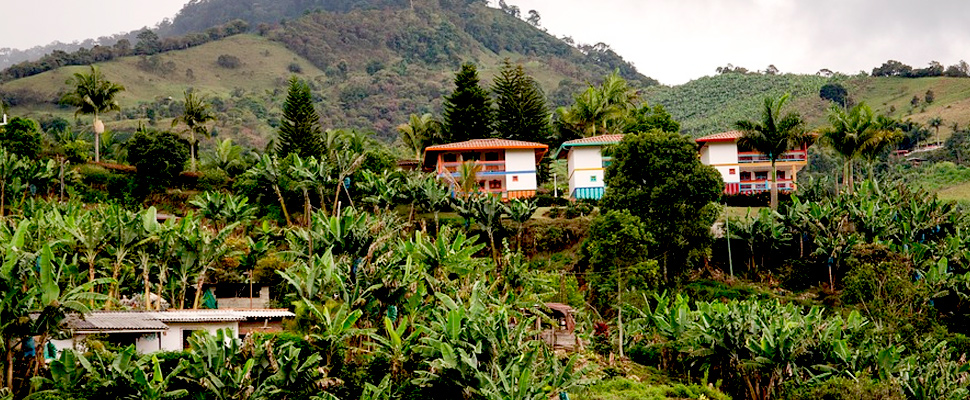Warning in Colombia due to suspicion of fungus outbreak in banana crops
By mid-2016, Colombia had expressed concern about the possible arrival of the fungus to its territory due to illegal migration from Asia and Africa

Reuters | Luis Jaime Acosta
Listen to this article
Colombia quarantined 150 hectares of banana crops in the north of the country on suspicion of being infested by the noxious Fusarium R4T fungus and increased sanitary controls to prevent the possible spread of the disease, the minister of Agriculture said on Sunday, July 14.
Leer en español: Alerta en Colombia por sospecha de hongo en cultivos de banano
The Fusarium R4T fungus, which causes a disease popularly known as Panama disease and can remain in the soil for up to 30 years, attacks the roots of some banana plants.
Colombia is one of the world's leading banana exporters after Ecuador, Costa Rica and Guatemala. The possible outbreak of wilt was detected in the department of La Guajira, in the northeast of the country, near to the border with Venezuela.
"It prevents the process of photosynthesis, we have isolated some farms in the department of La Guajira," the minister of Agriculture, Andrés Valencia, told reporters.
In the vicinity of the place where the outbreak is suspected there are about 1,600 hectares cultivated with bananas, which occupies the third line of exports of the agricultural sector in Colombia, after coffee and flowers.
"Although we have not yet confirmed, we issued this alert to strengthen security measures," said Deyanira Barrero, manager of the Colombian Agricultural Institute who revealed that samples of plants with wilt symptoms were sent to the Netherlands and in August it will be known if the result is positive or negative.
Read also: US Extradited Former Minister of Colombian Agriculture
"This disease has no effect on public health and therefore you can consume the fruit with tranquility," she added.
The Banana Association of Magdalena and La Guajira said that, despite the warning and preventive actions during the diagnostic process, fruit exports will not be affected at any time.
By mid-2016, Colombia had expressed concern over the possible arrival of the fungus in its territory and in other Latin American countries due to illegal migration from Asia and Africa, as well as less sanitary controls in Venezuela.
Colombia, which has 50,000 hectares of bananas that generate some 30,000 direct jobs, exported more than 100 million boxes of bananas in 2018, mainly to the European Union and the United States for a value of 859 million dollars.
In the middle of the last century, several banana crops in Latin America and the Caribbean were infected by a variety of the fungus and had to be replaced by more resistant plantations.




